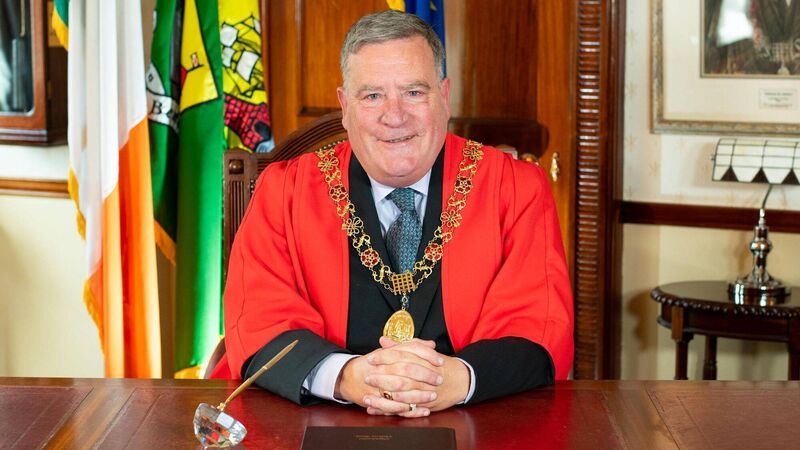Culture That Made Me: Cork lord mayor Dan Boyle on the Arcadia and Disco Pigs

Cork Lord Mayor, Cllr Dan Boyle
Dan Boyle was born in Chicago, Illinois in 1962 to emigrant Irish parents. Aged eight years old, he moved to Cork, his mother’s native city, growing up in Turner’s Cross.
In 1991, he was first elected to Cork City Council. In 2002, he won a seat in Dáil Éireann; and five years later he was appointed to Seanad Éireann.




